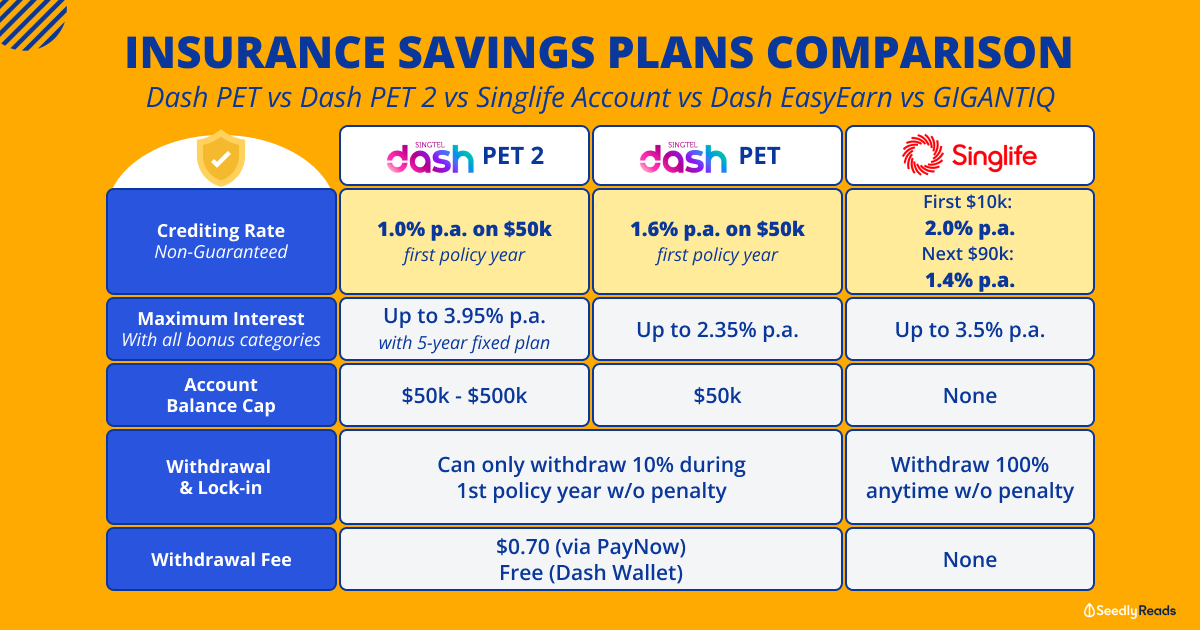Advertisement
How should an NSF like me grow my wealth? There are so many options such as investing in ETFs, putting my money in Robo-advisors or insurance savings plan (such as the Singlife 2.5% p.a.).?
2
Discussion (2)
Learn how to style your text
Pang Zhe Liang
14 Oct 2020
Lead of Research & Solutions at Havend Pte Ltd
Reply
Save
Jiayee
14 Oct 2020
Salaryman at some company
If you do not intend to touch your wealth in many years' time e.g. at least 10 years, feel free to put them into robo-advisors at any medium to max risk possible.
If you intend to touch them in 5 or fewer years' time (for BTO etc), either put them in robo-advisors with a lower proportion of equities or insurance savings.
As for touching them between 6 to 9 years' time, it depends on your risk appetite...
Your investment budget should only come from cash that you are fine without.
Reply
Save
Write your thoughts
Related Articles
Related Posts
Related Products

StashAway
4.7
1295 Reviews
StashAway Simple Guaranteed 3.55% p.a. (Guaranteed rate)
Cash Management
INSTRUMENTS
None
ANNUAL MANAGEMENT FEE
None
MINIMUM INVESTMENT
3.5%
EXPECTED ANNUAL RETURN
Mobile App
PLATFORMS

Endowus
4.7
658 Reviews

Syfe
4.6
934 Reviews
Related Posts
Advertisement









Investment Objective
Before you start investing, it will be best to understand your objective. Here are some questions to help you:
What is your capital?
How will you want to invest your capital? E.g. lump sum or an amount on a regular basis
How long will you want to stay invested? E.g. 10 years
What is your risk appetite? E.g. How do you feel about short-term volatility?
What is your objective for investing?
With a well-defined investment objective, we will conduct regular portfolio reviews to evaluate whether our portfolio remains on track. Otherwise, we may have to make adjustments in order to reach your goal.
Professional Advice
Next, you need to determine whether you possess the knowledge, skills, experience and time to invest on your own. Otherwise, evaluate whether you will be open to seek professional advice, e.g. through expertise from global investment firms like Mercer, BlackRock.
Financial Instrument
On the whole, there are various financial instruments that we can invest your money into, e.g. bonds, equity, real estate, commodities. Each instrument has its set of investment risk.
More Details:
Types of Investment Risk that You should know
The onus will be on you to do proper research, or to get trusted advice from a professional.
I share quality content on estate planning and financial planning here.